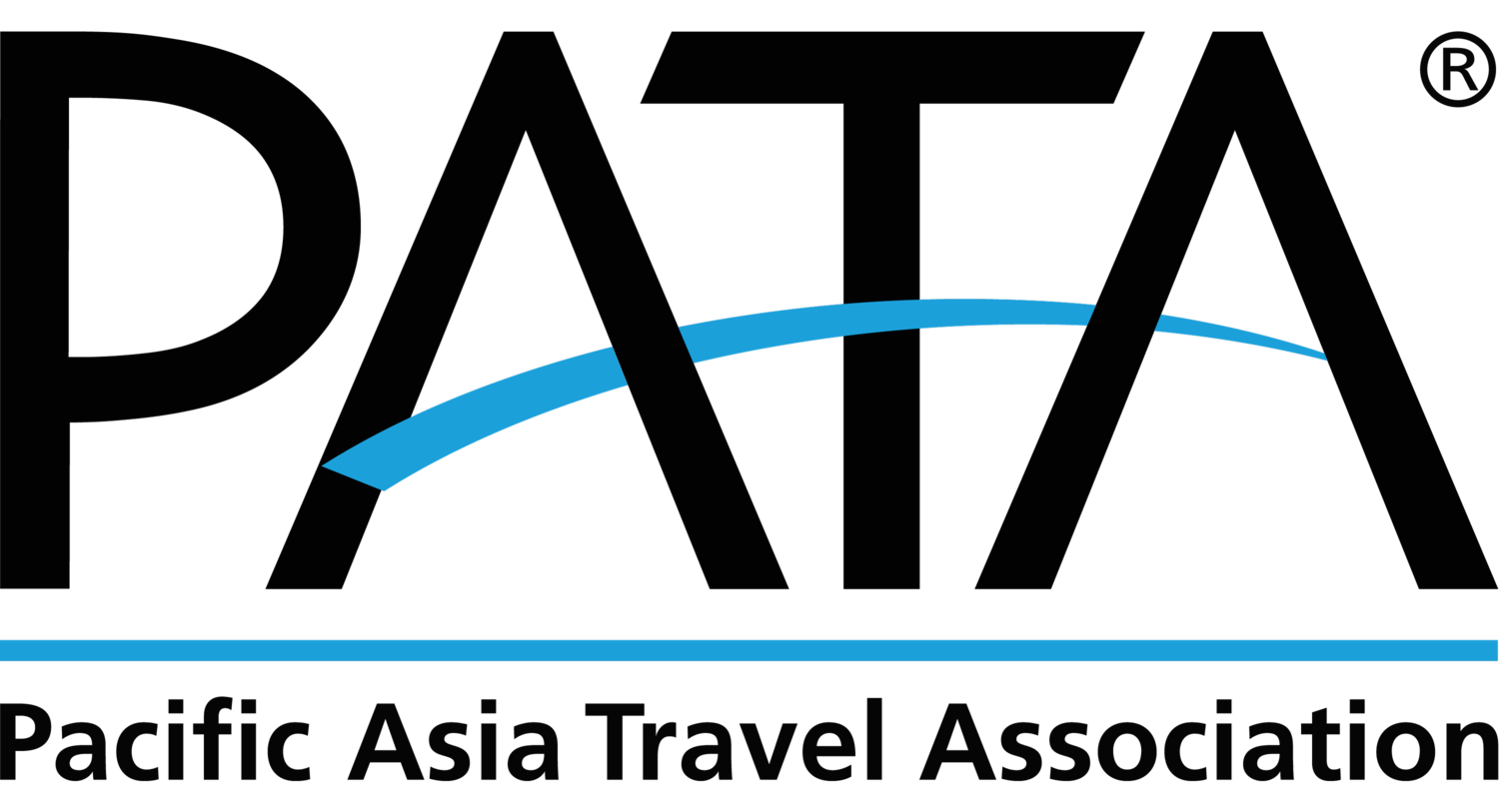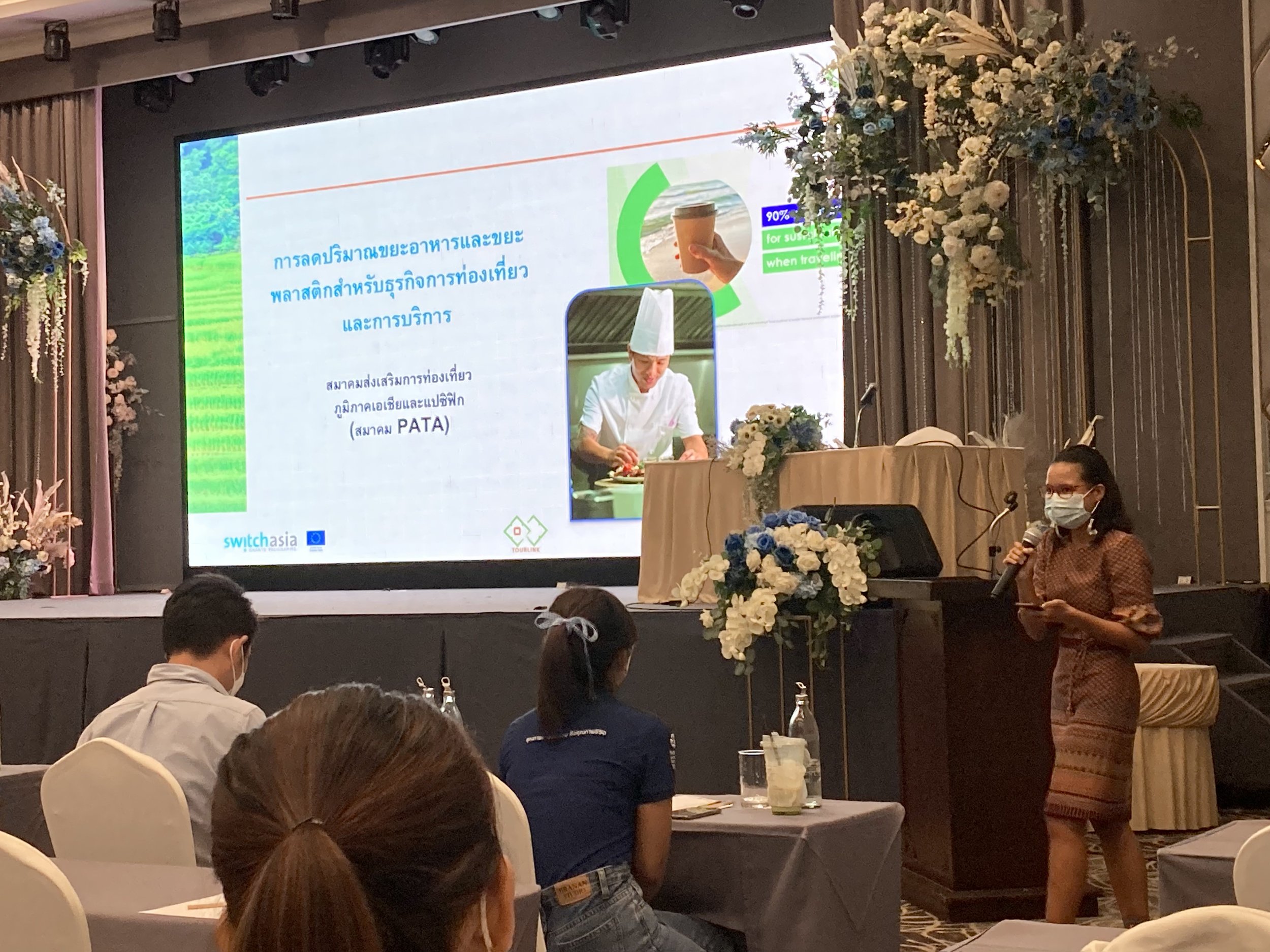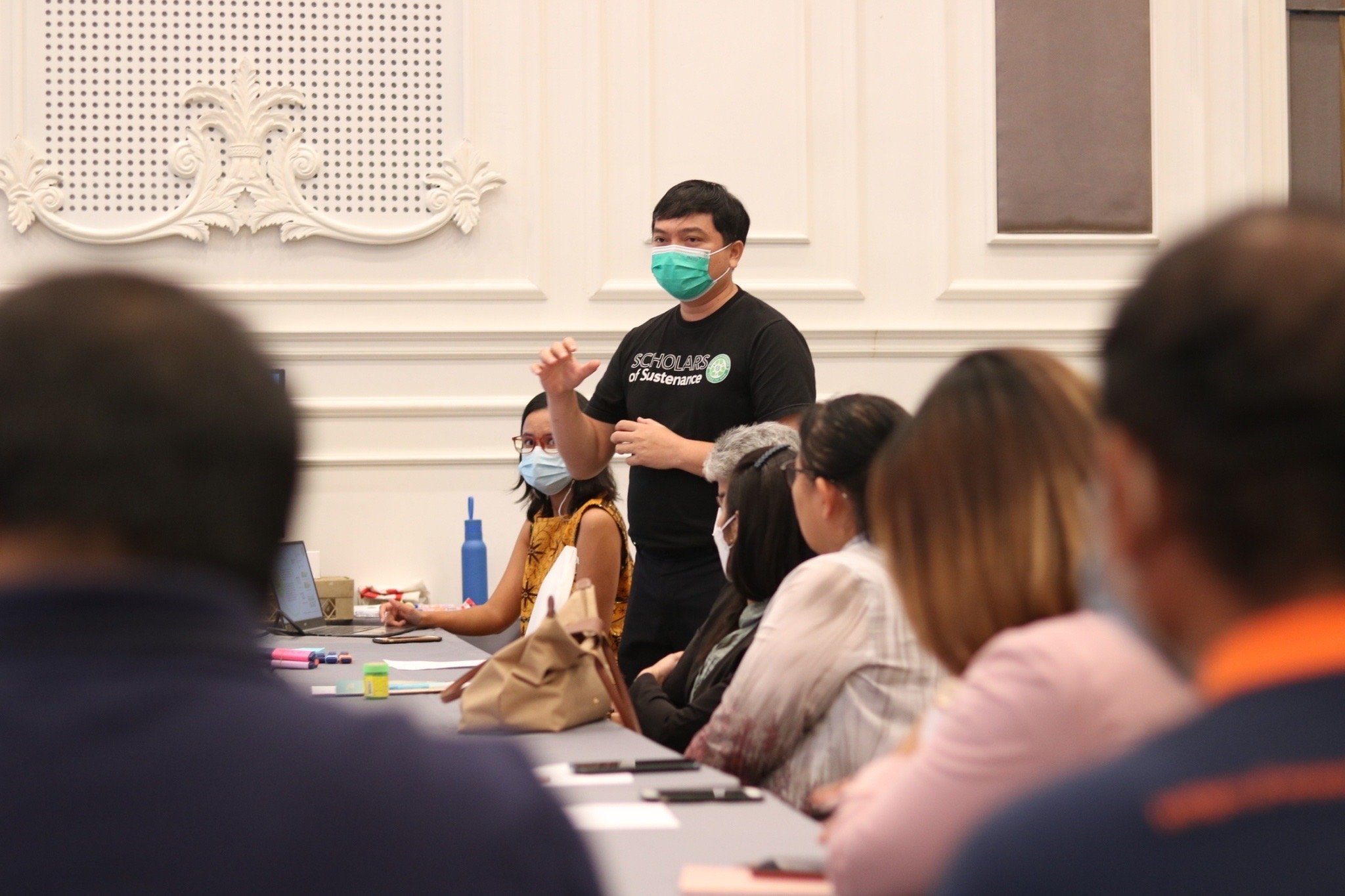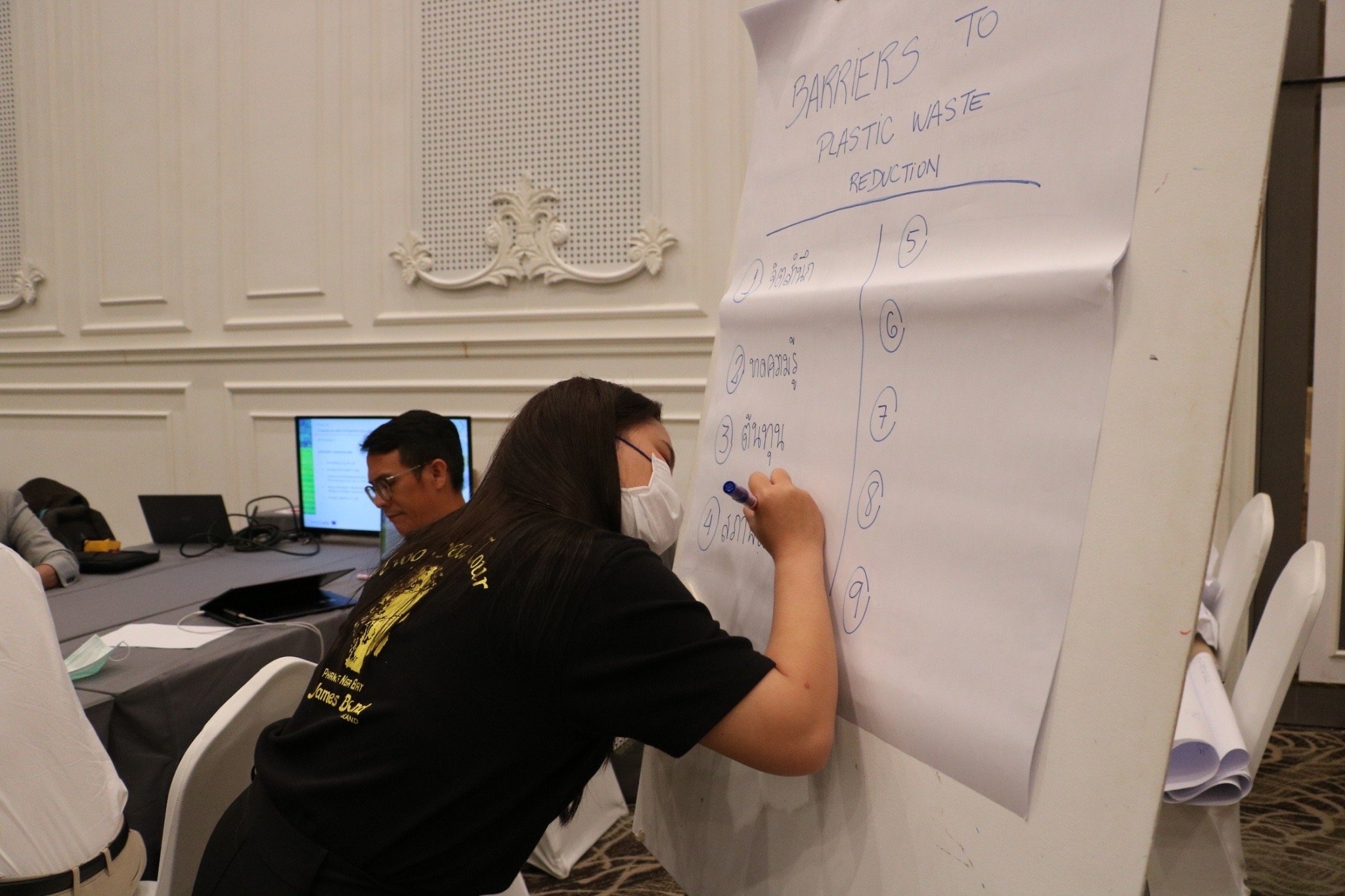PATA on the Ground: Tourlink Project Trains 250+ Thai Tourism Businesses on Sustainability
Since 2020, PATA has been working with Thai and European partners on the EU-funded TourLink project, under the SWITCH-Asia Programme. The TourLink project supports Thai tour operators and supply chains (hotels, transport companies, tour guides and activity providers) to increase their sustainability performance and enhance competitive advantages. Ultimately, the project's goal is to strengthen Thailand as a leading sustainable tourism destination.
As highlighted in this blog post, PATA's role in the Tourlink project is to create standards for food and plastic waste reduction in tourism businesses and deliver training on these standards to the Thai tourism supply chain. The standards can be downloaded free of charge in English and Thai as well as other resources on the PATA website.
The training took place in Phuket (Sep 21-22) and Chiang Mai (Sep 27-28) and was attended by more than 250 Thai tourism professionals. Trainees learned about market trends; how to identify challenges and overcome gaps to increase sustainability, including:
simple steps towards carbon calculation and offsetting;
opportunities for accessing green finance schemes;
tips on how to travel responsibly and protect human rights in community-based tourism (CBT), especially when taking place in villages; and
PATA's standards for food and plastic waste reduction.
The PATA Sustainability and Social Responsibility team delivered a half-day workshop on food waste reduction and another half-day workshop on plastic waste reduction at each destination, and you can read some of the topics covered and outcomes in this post.
Both workshops aimed at:
introducing participants to the key issues regarding food and plastic waste in tourism and in Thailand;
helping them identify national, subnational and business-level barriers towards food and plastic waste reduction;
allowing them to share existing solutions and best practices in their business and context area (Phuket or Chiang Mai); and
guiding them to select and prioritise new solutions for food and plastic waste reduction according to their type of business.
During the training, participants learned important management strategies to start tackling food and plastic waste. These include: assessing and mapping out the current amount of waste produced and benchmarking; obtaining buy-in from senior management; raising awareness of staff, suppliers and customers; and setting reduction targets.
Also, trainees were introduced to the waste reduction hierarchy, which dictates that:
The greatest efforts should always be on preventing waste.
If not possible, businesses should follow the strategies from most favourable to least (reusing → recycling → recovering).
The very last resort should be landfill disposal.
What else did the workshops cover?
Food waste reduction workshop
The workshop guided trainees through practical strategies for reducing waste at the three stages of food handling: sourcing, using and disposing. See some of them below:
Sourcing:
Local and seasonal sourcing
Monitoring food usage
Forecasting consumer demand
Streamlined deliveries
Using:
Responsible and optimised storage
Use-by labelling
Shelf life extension (FIFO)
Overproduction and over-trimming avoidance
Responsible buffet management
Portion control
Guest communication
Reusing
Disposing:
Donations of food surpluses
Animal feed
Composting
Anaerobic digestion
Also, PATA invited SOS – Scholars of Sustenance to give participants an overview of the important work that they do rescuing food surpluses from hospitality businesses and wholesalers/retailers and donating these to communities in need. Trainees were very interested in knowing that there are organisations in their region that they can collaborate with to redistribute good food that otherwise would go to waste.
Finally, the trainees took part in two group activities. In the first one, they needed to identify barriers to food waste in their business and classify them by national, regional, city or business level. Then, for Group Activity 2, participants shared strategies that they already implement in their businesses and brainstormed new ones. Later, they selected which solutions are most impactful and easiest to implement.
Plastic waste reduction workshop
The workshop on plastic waste reduction followed the same structure as the food waste reduction training, but here the focus was to raise awareness among trainees on the importance of avoiding waste altogether from businesses' operations. When this is not possible, businesses should understand what are the most appropriate and sustainable alternatives. Finally, they should know how to dispose of these materials responsibly.
Therefore, the strategies covered during this workshop included:
Avoiding All Waste:
Installing water refill stations
Using dispensers for soap, shampoo, etc.
Using dispensers for sauces, salt, pepper, etc.
Choosing reusable options (long-lasting reusable dishware, plates, bowls, etc.)
Reverse logistics
Choosing Appropriate Single-use:
Understanding the pros, cons and ways of disposal of each common single-use alternative:
bioplastics
glass
aluminium
paper
bamboo
Disposing Responsibly:
Reusing and repurposing
Recycling
Energy recovery
As with the food waste training, participants also identified the most common barriers to plastic waste reduction in their businesses and selected solutions to address each of them.
Keep posted for our upcoming publication in which we present the barriers and solutions to food and plastic waste that were identified by the participants as well as other outcomes of the Tourlink training and project.
Do you have any questions about TourLink or the Food and Plastic Waste Reduction Standards and Training? Get in touch with us at ssr@pata.org. Also, if you want to learn more about sustainable tourism practices in Thailand and stay connected with the TourLink project, please join http://www.facebook.com/groups/tourlink.
Finally, don't miss our newsletters for updates on Tourlink and other PATA Sustainability and Social Responsibility projects.







